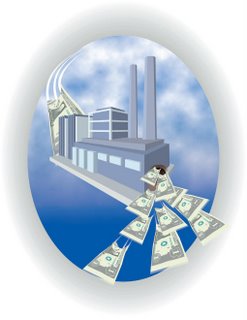“The main reason that makes road safety suffer in India is that instead of one specialised department to tackle the problem, we employ a number of agencies to look into road accidents,” says Nishi Mittal, Scientist, Central Road Research Institute.
In India, the traffic police still lack the authority to register and investigate road accidents. In case of an accident, it is the non-traffic police who are expected to look into it. This obviously does not give any opportunity for specialisation in the concerned field. As a result, reliability and regency of data on national scale is affected. Central agencies depend on state governments for data on road accidents as traffic management is a state subject
For complete IIPM article click here
Source:- IIPM Editorial
Visit also:- IIPM Publication, Business & Economy & Arindam Chaudhuri Initiative
In India, the traffic police still lack the authority to register and investigate road accidents. In case of an accident, it is the non-traffic police who are expected to look into it. This obviously does not give any opportunity for specialisation in the concerned field. As a result, reliability and regency of data on national scale is affected. Central agencies depend on state governments for data on road accidents as traffic management is a state subject
For complete IIPM article click here
Source:- IIPM Editorial
Visit also:- IIPM Publication, Business & Economy & Arindam Chaudhuri Initiative


